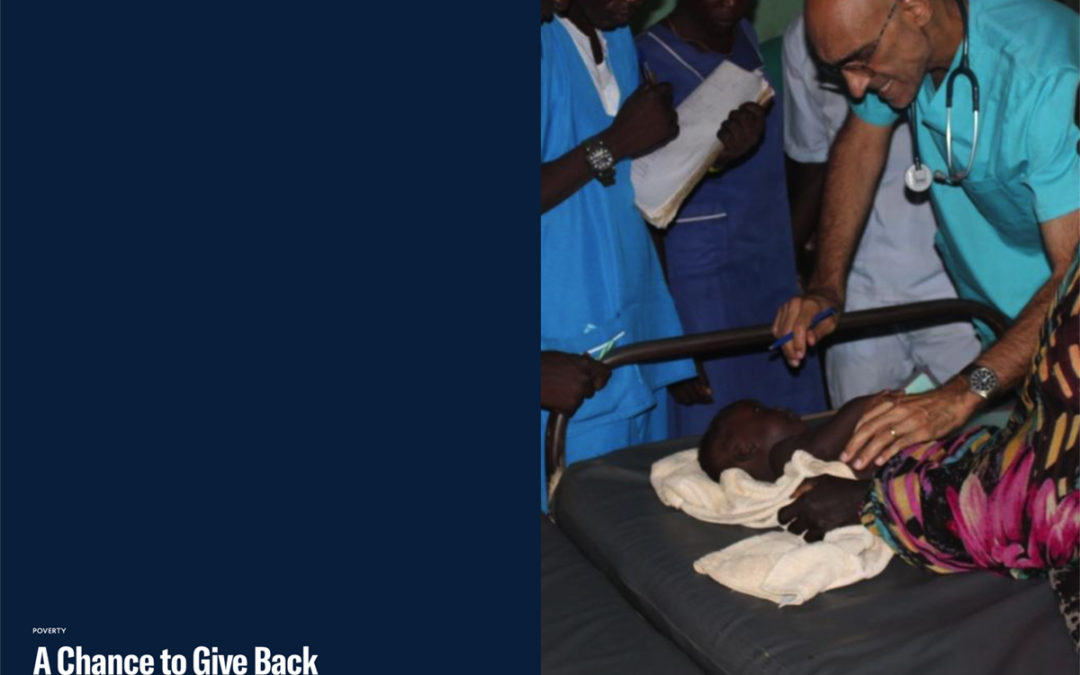This coming March, we, at the Mother of Mercy Hospital, will celebrate our fourteenth year of operation. We are located in rebel-held territory in the remote region of the Nuba Mountains in the southern part of the Sudan. Even though there is currently a ceasefire between the rebels and the government, we don’t receive any support from the government in Khartoum. It’s better than it was a few years ago—at least now we don’t live in fear of government aerial bombardment or ground forces overrunning our hospital.
Due to forty-some years of nearly continuous civil war, there is almost no development—our area has no paved roads, running water, electricity, or phone service. The hospital is an exception. The water comes from a well and is pumped up to two 5,000 liter tanks by a solar pump. Electricity is provided by a bank of solar batteries and we have a 12.5 kilowatt diesel generator as a backup. We sterilize all of our gauze and instruments using a non-electric steam sterilizer over a charcoal fire. Health facilities are few and far between and only a handful are supplied with medicines throughout the year. Getting our supplies here is a big problem. Most drugs and supplies are bought in Kenya, which is two countries away from us, and they are delivered by truck, a trip that can take a month or more depending on weather.
It’s been in this context that we have endeavored to build up a referral hospital. When we saw our first patient on March 25, 2008, we were an 80-bed hospital and clinic with eight expatriate (Kenyan and Ugandan) and fifteen local Nuba staff. None of the local staff had any formal training and the person with the highest level of education had finished primary school. There were no high school graduates until 2009/2010. Over the ensuing years, we have sent forty of our staff to Kenya, Uganda, and South Sudan for training in all the different cadres of medicine—nurses, midwives, laboratory technicians, pharmacists, anesthetists, medical doctors, and more. Now, 36 percent of our staff is formally trained and we have two doctors completing their internships in Kenya and Uganda. We have a clinical officer (equivalent to a physician assistant) who is trained in cataract and other eye surgeries. We are planning to open a clinical training school this July, that will initially train clinical officers, and then midwives and nurses.





